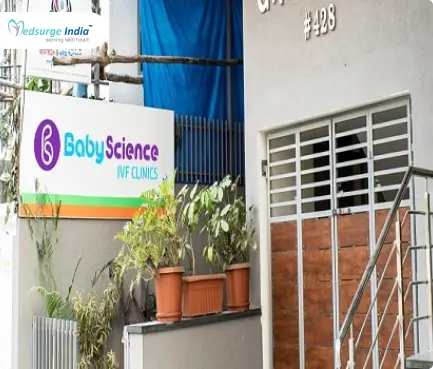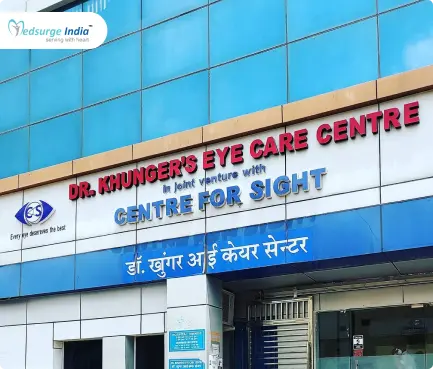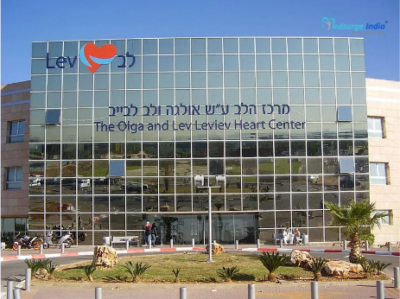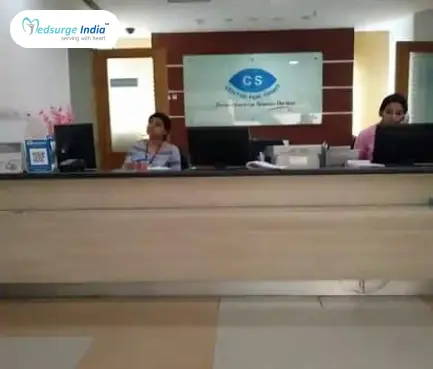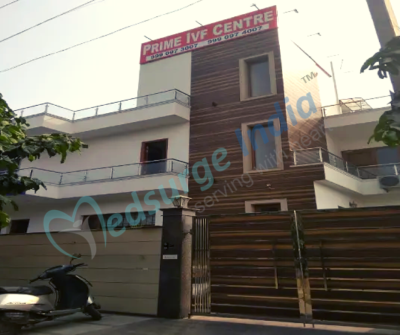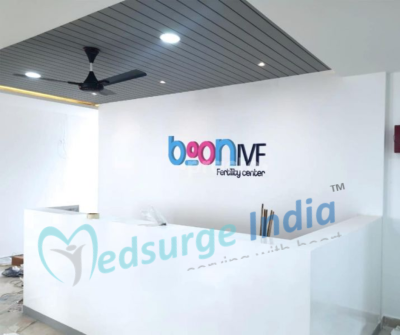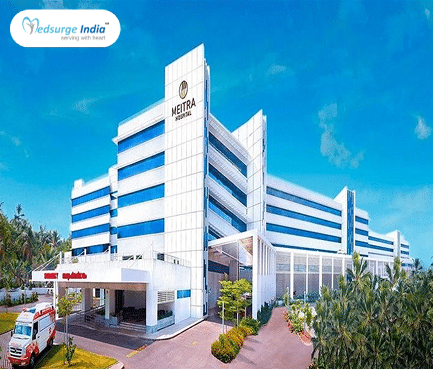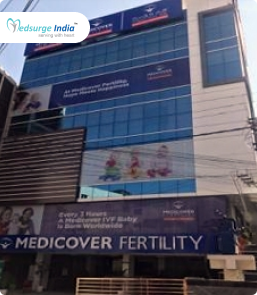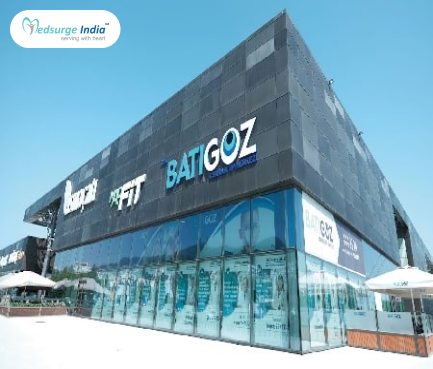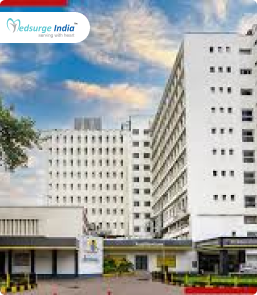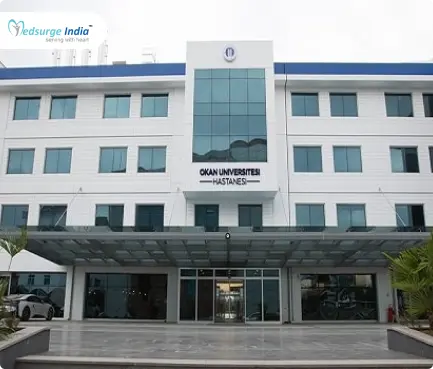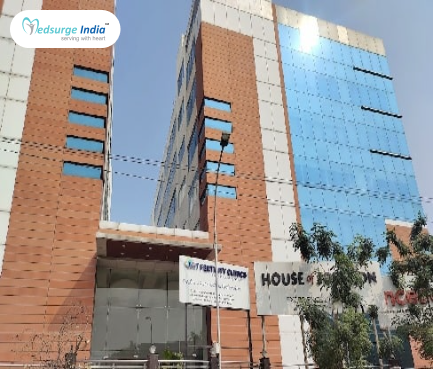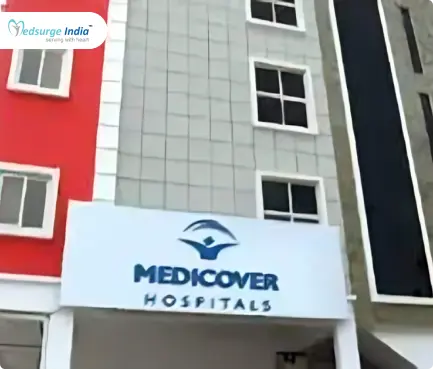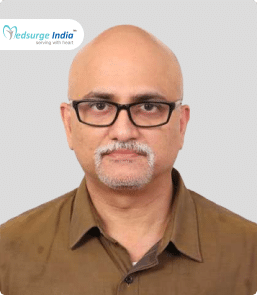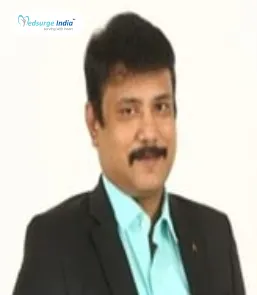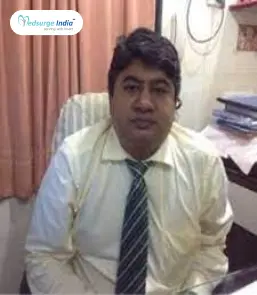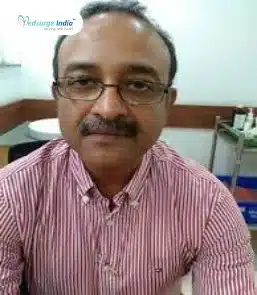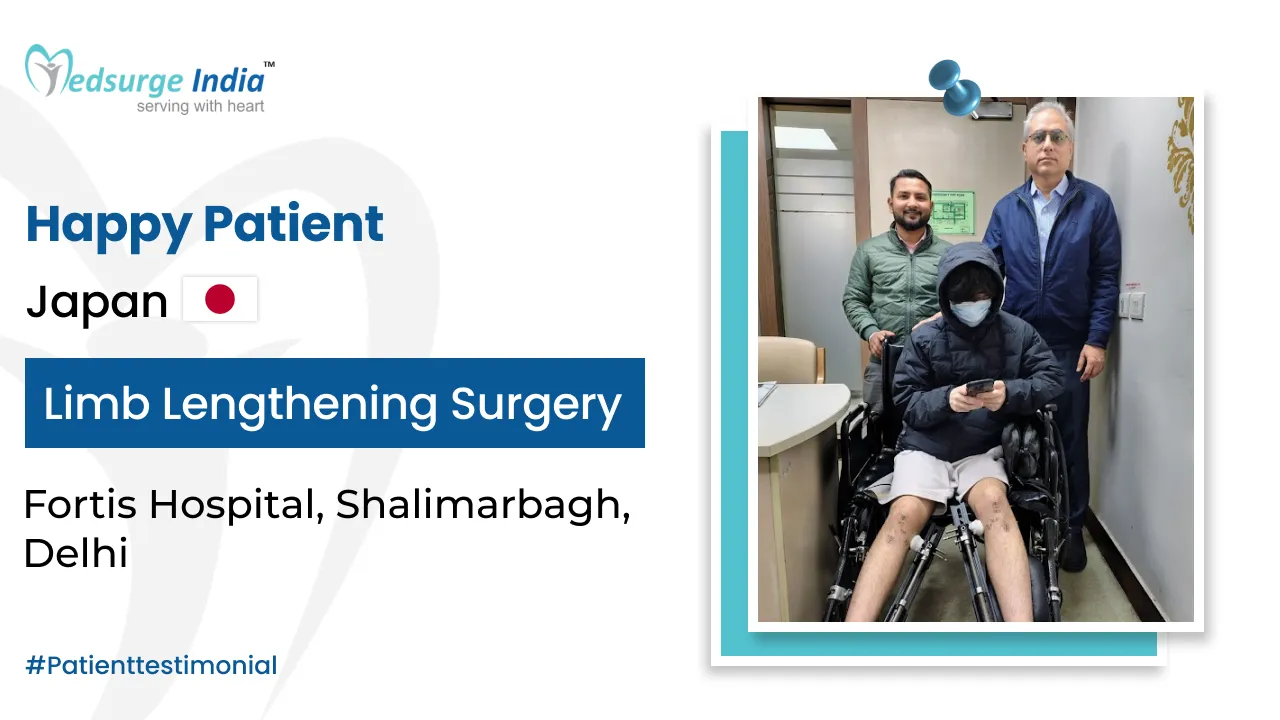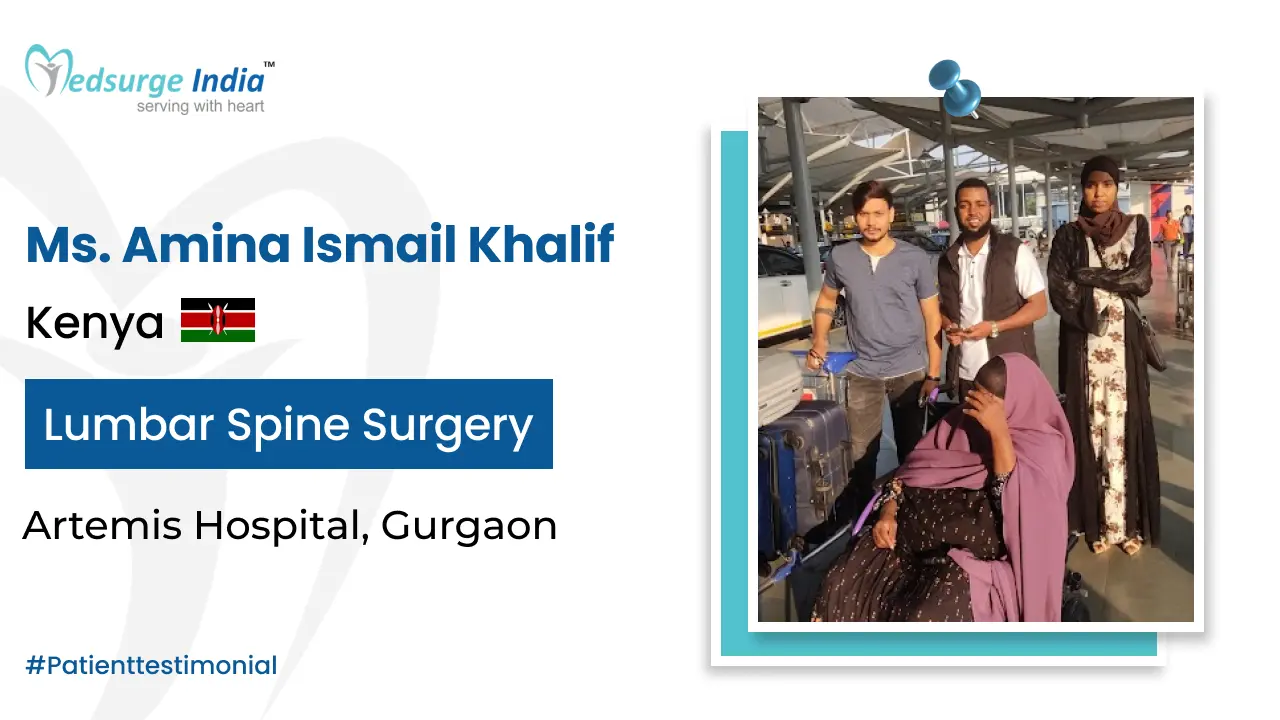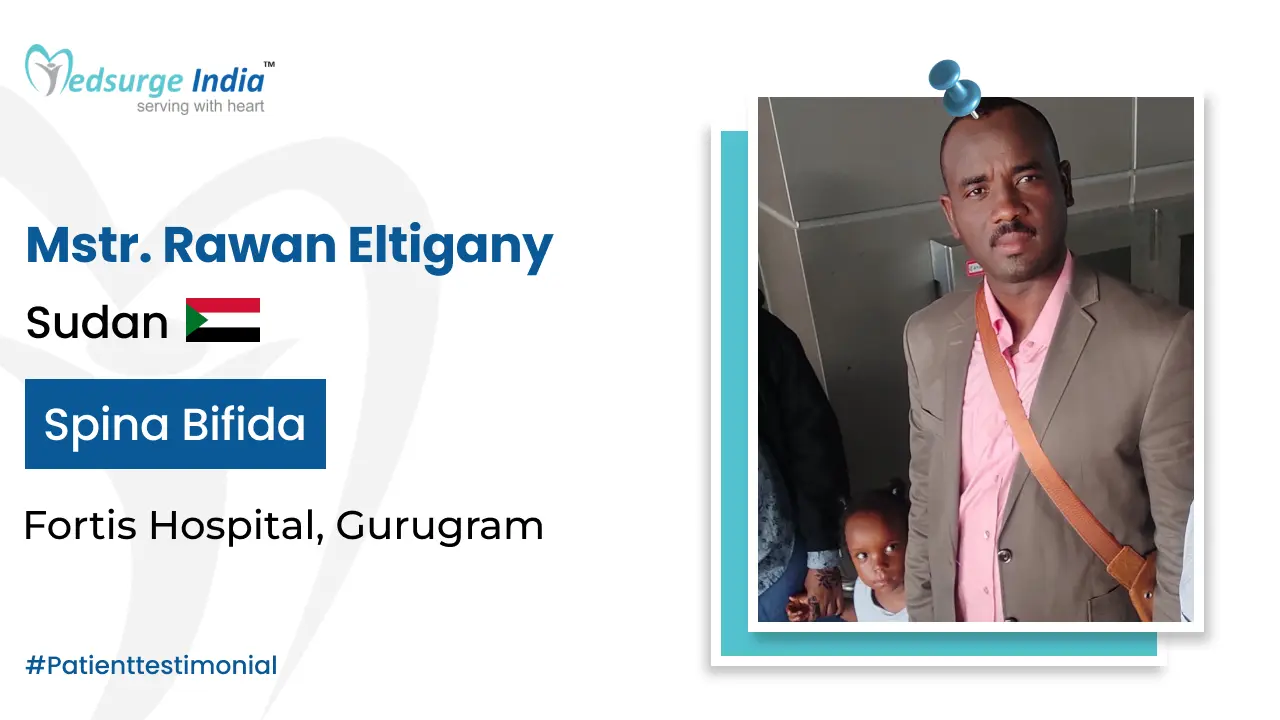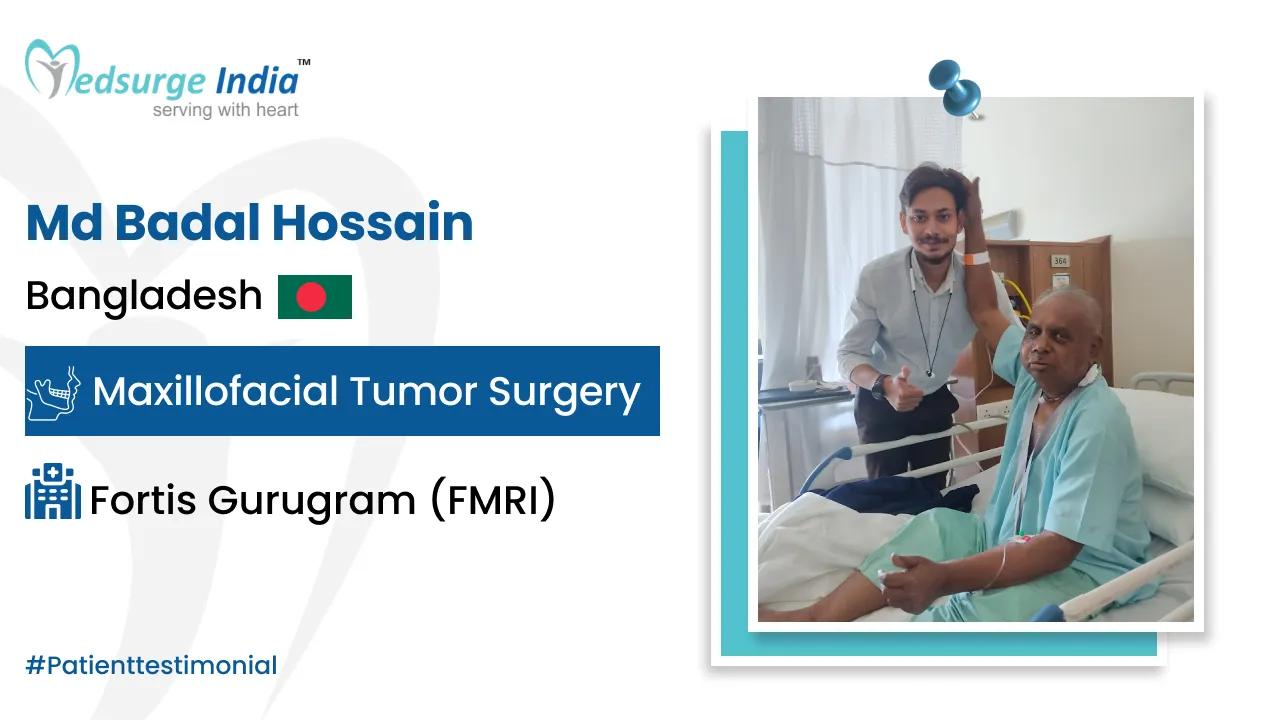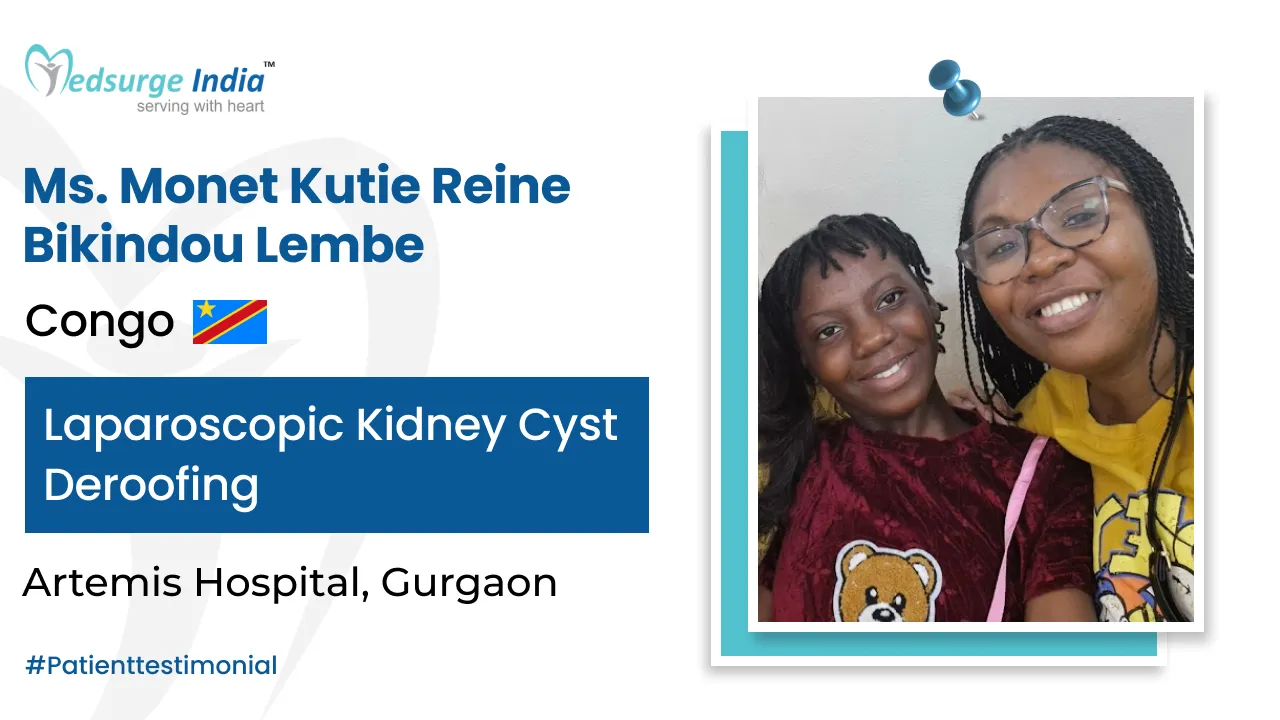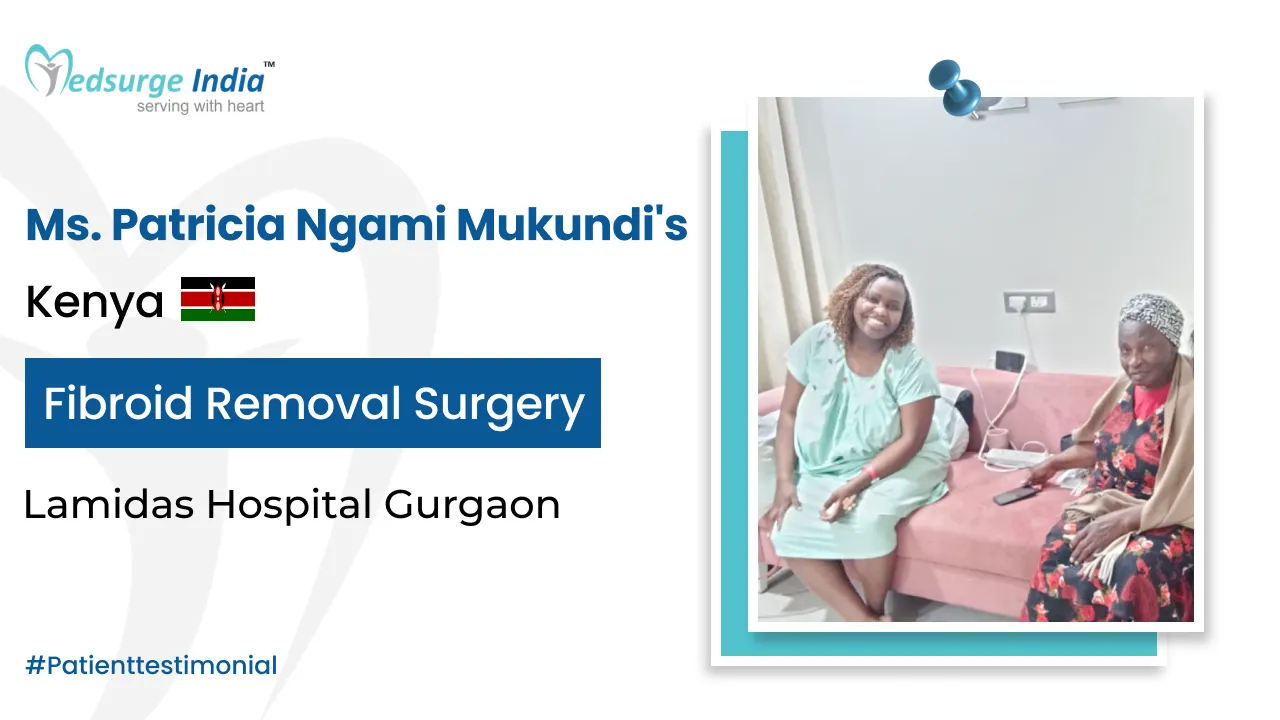
An Overview on Urethral Stricture
Urethral stricture is a urological condition that commonly affects men. It is characterized by the narrowing of the urethra, the tube responsible for carrying urine out of the body. This condition presents with uncomfortable symptoms and often leads to a slow urinary stream. The normally wide urethra becomes narrow, making it difficult for a person to urinate. Additional symptoms may include the inability to fully empty the bladder, urine spraying, and pain or difficulty during urination.
While some individuals with urethral stricture may not experience any symptoms and can go about their daily activities without discomfort, it is important to recognize that this condition can worsen and lead to serious complications such as bladder damage. Therefore, seeking prompt treatment is essential.
How is it Caused?
Men are more likely to develop a urethral disease or sustain an injury to the urethra because of its lengthier nature than the female urethra. It is primarily for this reason that strictures are frequently seen in males. They are uncommon in women and in infants.
It is important to understand that the injury can occur anywhere from the bladder through the urethral opening at the end of the penis is called stricture. This narrowing may completely halt or at the very least reduce the normal rate of urine in. Some common causes are:
- trauma to the urethra
- infection such as STD/STI or any other treatable disease.
- damage from surgical tools
- conditions that cause swelling.
In most cases, no specific identifiable cause is identified. In adults, urethral strictures are most often due to:In adults, urethral strictures are most often due to:
- trauma from the fall directly on to the scrotum or perineum
- prostate surgery
- kidney stone removal
- urinary catheterization
- other surgical tools.
Urethral Stricture Surgery Cost in India
The cost of treating Urethral Stricture Surgery in India can fluctuate based on various factors. Typically, treatment expenses for Urethral Stricture Surgery in India can range from as low as 300 USD to as high as 500 USD.
Types of Procedures for Urethral Stricture
| Procedures | Price Starting From |
| Dilation | 250 USD |
| Urethrotomy | 370 USD |
| Open Surgery | 350 USD |
Urethral Stricture Surgery Cost in Different Countries Vs India
| Country | Price Starting From |
| India | 500 USD |
| US | 7800 USD |
| UK | 7600 USD |
| UAE | 4000 USD |
Factors that
can Affect The Cost of Urethral Stricture Surgery in India
Some of the possible factors influencing Urethral Stricture Surgery cost in India can vary depending on various factors. The following are among the aspects that may influence Urethral Stricture Surgery cost in India.
- Medication costs
- Patient Condition
- Duration of treatment
- Geographical location
- Hospitalization expenses
- Government policies and subsidies
- Medical tourism packages
- Hospital reputation and infrastructure
- The expertise and experience of medical professionals
- The type and frequency of diagnostic procedures
- The choice of treatment modality.
How is it Diagnosed?
To diagnose a urethral stricture, we may conduct a physical examination or one of the following diagnostic procedures:
- Retrograde urethrogram, an imaging test using X-rays and contrast dye to evaluate the length and density of the stricture
- Urine flow test and ultrasound to assess the impact of the urethral stricture on urine flow
- Ultrasound to determine if there is an abnormal amount of urine remaining in the bladder after urination
- Cystoscopy, a procedure involving the gentle insertion of a small, flexible, lubricated fiberoptic scope into the urethra under local anesthesia to examine the location and appearance of the stricture.
What are the Treatments for it?
Various treatment options are available based on the extent of the blockage and the presence of scar tissue.
Treatment modalities consist of:
- Dilation: gradual stretching to widen the stricture
- Urethrotomy: using a laser or knife to cut the stricture through a scope
- Open surgery: surgical excision of the stricture with reconnection and reconstruction, potentially involving grafts (urethroplasty).
Dilation: Typically, this procedure is carried out in the urologist’s clinic under local anesthesia. The narrowing is widened using progressively larger dilators known as “sounds.” Alternatively, a specialized balloon attached to a catheter can be used to expand the tissue. However, this dilation is not a permanent solution and must be done on a regular basis. In cases where the narrowing recurs rapidly, you might receive instructions on how to self-catheterize occasionally to prevent its recurrence. Potential side effects include bleeding and infection, and in some instances, the stretching may lead to the formation of a “false passage” or secondary urethral channel.
Urethrotomy: It involves utilizing a specialized scope to navigate through the urethra until the stricture is located. A knife blade or laser attached to the cystoscope is then employed to incise the stricture and form an opening. To maintain the gap and facilitate healing, a catheter may be inserted into the urethra. The duration for which the catheter tube should remain draining is determined by the extent of the stricture.
Open Surgery: Various reconstructive techniques have been employed for the treatment of strictures, with certain procedures requiring one or two surgeries. The selection of the appropriate repair method depends on factors such as the position, extent, and severity of the stricture. It is important to note that there is no universal solution for all cases. The two primary types of repairs are anastomotic urethroplasty and substitution urethroplasty.
- Anastomotic Urethroplasty: This technique is typically utilized for brief urethral strictures. The procedure involves making an incision between the scrotum and rectum, followed by reconnecting the urethra after the stricture is removed. It is commonly done as an outpatient procedure or with a brief hospital admission. A gentle catheter is inserted into the penis for a period of 10 to 21 days, and is subsequently removed following an X-ray to confirm proper healing of the repair.
- Substitution Urethroplasty: If the stricture is lengthy, tissue transfer can be utilized to substitute the affected section. In complex situations, replacement repairs might have to be carried out gradually. It is crucial that these procedures are performed by a urologist who is well-versed in such surgeries. Generally, the outcomes are highly favorable. The three types of substitution techniques include free graft, skin flap, and staged procedures.
Helpful: Best Urologists in India
After Treatment
Urethral strictures have the potential to recur following surgery, necessitating ongoing monitoring by a urologist. Post-catheter removal, your physician will conduct regular physical examinations and X-rays, and may perform urethroscopy to assess the repair. While some patients may experience a recurrence of the stricture without requiring further intervention, obstruction may necessitate treatment through urethrotomy or dilation. In cases of severe strictures that reoccur, repeat open surgery may be necessary.
Get Free Cost Estimation
The Most Important Frequently Asked Questions
Q: How can a urethral stricture be permanently cured?
A: It is typically a long-term remedy. The section of the urethra containing the stricture and scar tissue is removed during a urethroplasty. In the event that the stricture is lengthy, we might also implant new tissue using a skin flap or a buccal mucosal graft, which would help restructure the urethra.
Q: To what extent is urethral stricture surgery successful?
A: According to research, the most effective treatment for urethral strictures that prevent urine flow is urethroplasty. With a success rate of over 80%, it’s quite high. Depending on the circumstances and duration, the success rate can consistently exceed 90% in certain instances.
Q: After stricture surgery, how long does recuperation take?
A: Strictureplasty is a complex procedure that typically requires a lengthy recuperation period. According to studies, you should plan on spending roughly a week in the hospital after the procedure. But you might have to stay longer if you encounter problems. You might be able to return home sooner if your stricture is shorter.
Q: Is it possible for urethral stricture to recur after surgery?
A: Some people may not require further therapy even though the stricture returns. However, dilatation or urethrotomy can be used to treat it if it causes obstruction. If severe strictures recur, another open surgery can be required.
Top Hospitals for Urethral Stricture Surgery in India
Top Doctors for Urology Treatment
Dr. Pramod S
Senior Consultant
Experience: 16+ years of experience
Narayana Multispeciality Hospital, Rakhial, Ahmedabad
Ahmedabad, India
Dr. Sujit Chaudhary
Senior Consultant , MBBS, MS, MCh, Fellowship, FRCS
Experience: 21 years of experience
Indraprastha Apollo Hospital, New Delhi
New Delhi, India
Dr. Narendra S
Senior Consultant
Experience: 25 Years of Experience
BGS Gleneagles Global Hospitals, Bangalore
Bangalore, India
Dr. Venkatesh Kumar
Consultant
Experience: 10+ Years of Experience
Yatharth Superspeciality
Noida, India
Dr. Laxman Bellamkonda
Senior Consultant
Experience: 17 years of experience
Gleneagles Global Hospital L.B. Nagar, Hyderabad
Hyderabad, India
Dr. V. Sreedhar Reddy
Senior Consultant
Experience: 13 years of experience
Apollo Hospital Bangalore Bannerghatta Road
Bangalore, India
Dr. Prajwal P Ravinder
Senior Consultant
Experience: 25+ years of experience
KMC Hospital, Hampankatta, Mangaluru
Mangaluru, India
Dr. Murali Venkatraman
Senior Consultant
Experience: 40+ years of experience
Apollo Hospitals, Greams Road, Chennai
Chennai, India
Dr. Shafiq Ahmed
Director - Urology, Andrology & Renal Transplant
Experience: 18+ years of experience
BLK Super Speciality Hospital, New Delhi
New Delhi, India
Dr. Thirumalai Ganesan Govindasamy
Consultant
Experience: 30 years of experience
Apollo Hospitals, Greams Road, Chennai
Chennai, India
Dr. Saswata Chakraborty
Consultant
Experience: 17 years of experience
Ruby General Hospital, Kolkata
Kolkata, India
Dr. Saurabh Ramesh Patil
Consultant
Experience: 10 years of experience
Fortis Hospital, Mulund, Mumbai
Mumbai, India
Dr. Anandan Nagalingam
Senior Consultant
Experience: 40 years of experience
Kauvery Hospital, Alwarpet, Chennai
Chennai, India
Dr. Sarita Bhagwat
Senior Consultant
Experience: 25 years of experience
Fortis Hospital, Mulund, Mumbai
Mumbai, India


